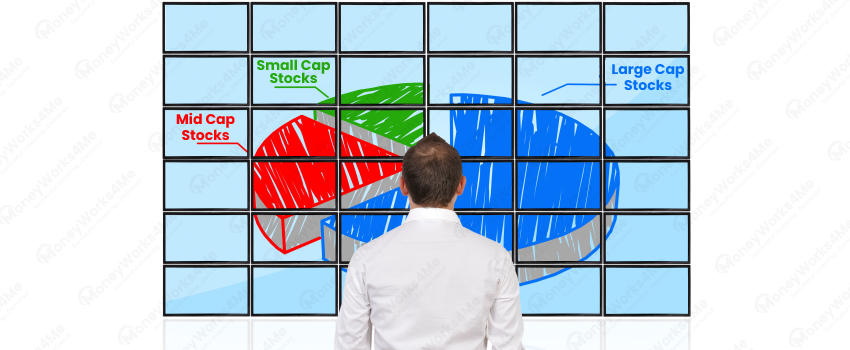Retail investors get misguided by reading fund manager interviews or journalists write ups in newspaper.
We were stunned when one of our subscribers asked us, are you overweight or underweight IT? Direct equity investors are often wrongly advised by investment management community to diversify into 8-10 sectors just because Index consists of so many sectors.
We should first start by answering why Index was formed. Index was formed for Pension fund/insurance companies to gauge how a particular fund manager performs in comparison to broader market. The Index consists of mostly large sectors/companies of the economy depending on how developed the country is.
We often get to hear only fund managers in media, who often hold more than 40-50 companies across most of the sectors. A fund manager faces a huge career risk if he misses a rally in a particular sector because cumulative index keeps performing in short term.
We have no compulsion to have a particular exposure for every specific sector. We should invest where valuations are attractive. If valuations are attractive in just 4-5 sectors, better stick to great companies in these sectors and hold them for long term. Warren Buffett has popularised a term “Circle of Competence” which means invest where you understand the business and can value is reasonably well. We shouldn’t invest where some other person has an advantage over us. Buffett himself has made a fortune by investing predominantly in handful of sectors like Insurance (General/Re-in), Banks, Consumer Durables and Consumer Staples. This shows that one doesn’t have to diversify across sectors to build wealth. (unless you have an expert advising you)
We have no compulsion to invest in all sectors. Few sectors which are just too cyclical or projects with long gestation may not be suitable to our risk profile or investment horizon. For example, it makes no sense to predict commodity cycles or investing in road or shipping companies. These investments make sense for government institutions/pension funds/insurance companies who have large capital to deploy and investment horizon runs into 40-50 years. This time-frame gives them benefit of all cycles and profits accrues over long term without forecasting any cycle. For retail investor like us, it is difficult to capture benefits of investing in these sectors during our investment horizon. At the same time, investing in pharma and technology companies is equally risky unless we are an expert in understanding business economics of that industry. (One may rely on few advisors if really interested)
Since we have smaller sums (anything less than R200 Cr is small), we are better off investing in simple businesses where we can invest without forecasting much. Companies in B2B and B2C business which add some value to raw materials and have deeper penetration are better to invest. Companies with Patents, strong Brands and deeper distribution reach are sustainable businesses over long term. We can reasonably predict inflation & GDP led growth and invest significant % of portfolio when valuations are attractive. We can comfortably buy just 15-16 companies and sit tight for years together to see our wealth compound.
We have no compulsion to be fully invested at all times. If index returns are likely to be 4-5% CAGR over 2-3 yrs, we are better off sticking to liquid funds or fixed returns unless we get individual stock opportunity. However, mutual funds have to beat the market irrespective of lower absolute returns. They remain fully invested even if markets/stocks are overvalued. As a retail investor, we are under no pressure to beat index return in short term. We are investing for absolute returns over long term. This would eventually beat index returns. If there are no bargains available, it’s better to sit on side lines and wait for market euphoria to subside.
Whats more important is asset diversification. You should diversify your net-worth across different assets rather than diversifying within equities. Typical assets classes to invest can be Gold (10-12%), Real Estate (20-25%), Fixed Income (10-25%) and equities (45-60%).
If you do not have spare time, or appetite for direct equity investing, stick to low-cost Index Fund which would earn slightly lower returns than direct equity but much better than FD returns over long term, say 15-20-25 years.
If you liked what you read and would like to put it in to practice Register at MoneyWorks4me.com. You will get amazing FREE features that will enable you to invest in Stocks and Mutual Funds the right way.
Need help on Investing? And more….Puchho Befikar
Kyunki yeh paise ka mamala hai
Start Chat | Request a Callback | Call 020 6725 8333 | WhatsApp 8055769463










wonderful